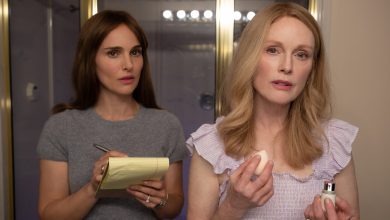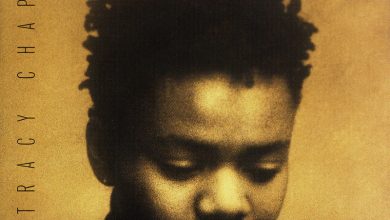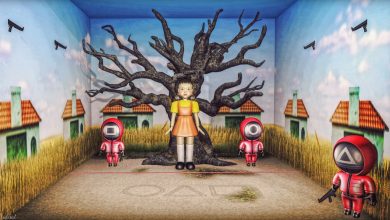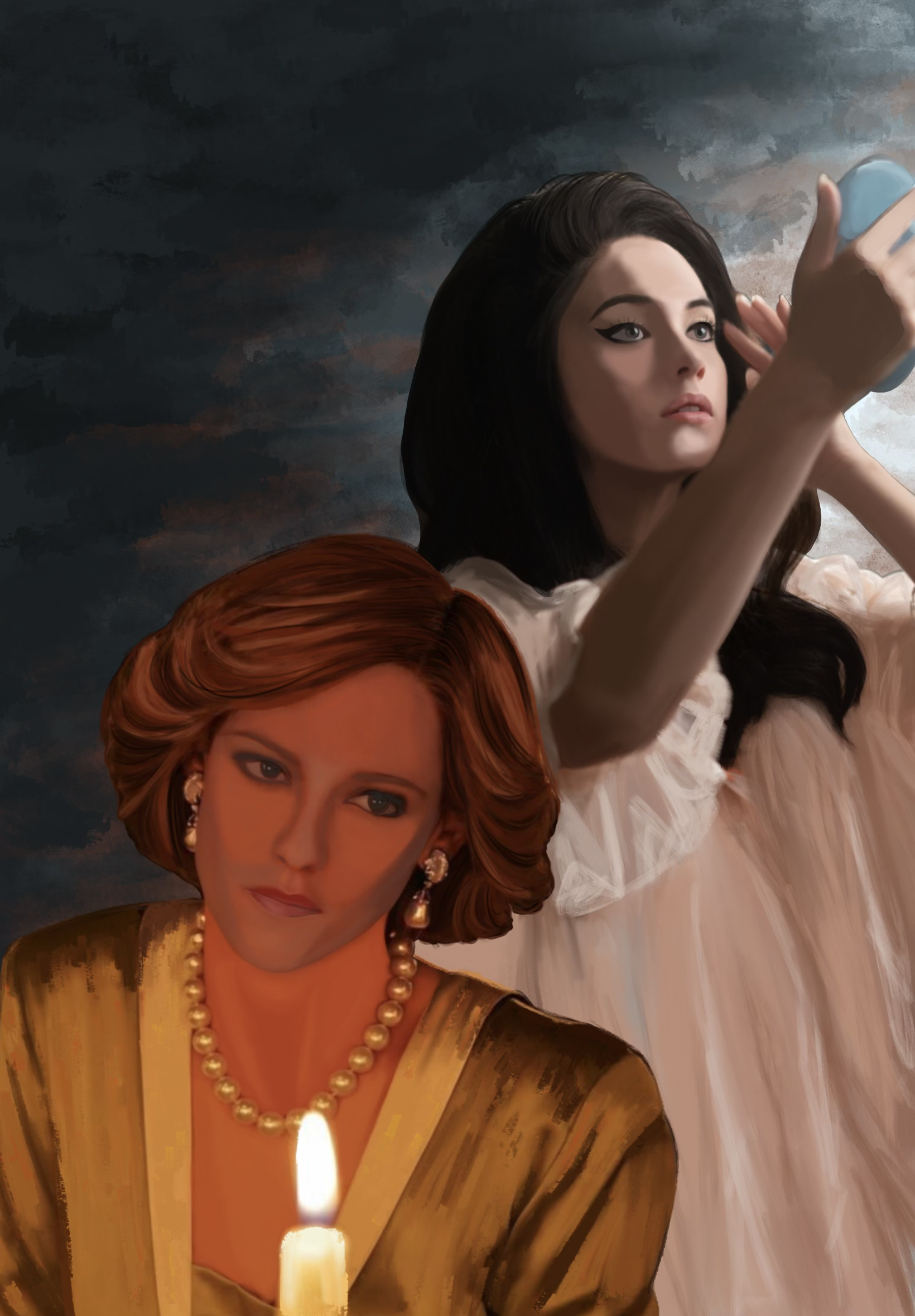5 Reasons Why “Rupaul’s Drag Race” Is One of the More Important Shows on TV
In honor of the “Rupaul’s Drag Race” Season Six finale coming up this Monday, May 19, a celebration of everything that Rupaul and the “Drag Race” brand have done for the LGBT community and American pop culture at large is in immediate order. In the wake of some recent controversy surrounding Rupaul and the trans community, it is important to understand their concerns, but also review all of the positivity the show has generated throughout its six seasons.
With that, it is time for us to “shantay” and “sissy” as we walk through a less-than-comprehensive list of reasons why “Rupaul’s Drag Race,” quite frankly, makes the climate of mainstream culture and entertainment more effervescent, hilarious, and most importantly, accepting.
1. It is a satirical critique of reality TV.
The production of “Rupaul’s Drag Race” technically falls into the category of “reality television,” as the contestants are real people competing for a cash prize of “One Hundred Thousand Dollars, Honey!” The outcome of the show’s production, however, effectively functions as one big tongue in an even bigger cheek.
As Ru states in his most recent podcast, “Drag mocks our culture.” And what a delight it is to watch the mockery unfold.
“Drag Race” is essentially a direct parody of shows like “America’s Next Top Model” and “Project Runway” in the sense that it includes similar challenges to those seen on the aforementioned shows: photo shoots, costume design, and a weekly runway presentation where the elimination process occurs. The challenges, however, are always laden with hilarious and campy elements that effectively poke fun at the seriousness of other beauty and fashion reality television competitions.
A standout example from Season Six set the episode’s runway theme as “Night of 1,000 Ru’s.” The queens were challenged to don their favorite “Ru looks” and strut down the runway dressed and styled as their mentor/judge as she clapped, chanted, and cackled, (with the best laugh you’ve ever heard) from her centered seat on the judges’ panel.
Another annual favorite is “Snatch Game” a challenge where the contestants are instructed to dress as their favorite female icons and then participate in a faux game show. The challenge always turns into a side-splitting sound-off of ludicrous banter and debauchery. In Season Six, we had the pleasure of witnessing “Judge Judy”(Bianca Del Rio), Anna Nicole Smith (Adore Delano), and Maggie Smith (BenDeLaCreme), along with a hodgepodge of other living caricatures go head-to-head in a match of witty digs and shameless mockery of their chosen characters. Light-hearted challenges such as these allow the audience to laugh at the show itself, as well at its juxtaposition to the austerity that superficial reality TV competitions often present.
2. It serves as a mainstream podium for gay, trans, drag, and genderqueer culture.
“Rupaul’s Drag Race” is a living piece of pop culture history, simply because of its longevity and staying power, if nothing else. Gone are the days where drag culture is reserved exclusively for underground nightclubs and cult films. The fact that a reality television show about drag queens competing for cash has been able to run on mainstream television for six seasons is truly emblematic of a shift occurring in terms of society’s increased acceptance of drag culture, as well as the LGBT community as a whole.
Only one who lives under a rock, (or between the stitches of a lace-front wig) is unaware of the fact that one of the most pressing civil rights issues of our generation’s time is the struggle for gender equality. The latter now popularly extends beyond equality between cisgendered men and women by also including anybody who identifies as homosexual, bisexual, transsexual, and/or genderqueer. “Rupaul’s Drag Race” has hosted and honored contestants of most, if not all of the above listed groups.
In so doing, the show has presented mainstream popular culture with the humanization of these identities in a safe space where they are free to express themselves and their art.
This is cathartic not only for the individuals on the show, but also for the audience because it removes a lot of the mystery, misunderstanding, and fear that often exists between the oppressed and those who do not experience the same form of oppression.
3. It provides comedic relief.
This reason calls for a Rupaul Mantra. And I quote:
“Don’t take life so effen seriously!”
While the remark may seem flippant and insensitive if taken at face value, when it is contextualized within the philosophical teachings of “Mama Ru,” the statement becomes a survival tactic against what Rupaul refers to repeatedly in Tweets and other social media as “life’s cruel hoax.” The “hoax” is essentially the notion that we all have social, interpersonal, and spiritual bullsh*t to wade through at some point, and you better decide to “Sissy That Walk” and wear a smile while you wade, if you want to make it.
While our society can be a bitterly cold and terrible environment in which to exist, I still pity the cynic who denies that laughter can be a universal remedy for an endless number of letdowns, including those inherent within a discriminatory culture.
The ingenious comedic approach that Rupaul has chosen to use as his means of familiarizing the public with both drag and LGBT culture keeps viewers returning to the program for their weekly dose of outrageous wit and glamour, in conjunction with ruthless “reading” and “shade throwing”(the jargon on this show is to die for, I am telling you!). While the humour can be self-deprecating, (see above link to article discussing the “She-M*le” controversy) the intent behind this type of satire is to allow the LGBT community to laugh off and reclaim ownership of these slurs, thus mitigating the sting of the latter.
Tucked quite brilliantly beneath all of the glitter, glue, and pantyhose are moments of vulnerability where the audience encounters the difficult realities of many of the contestants’ lives off the runway. Contestants have shared stories of familial rejection, losing friends to suicide, and battles with HIV (the list goes on, unfortunately) throughout the six seasons of “Drag Race.” The autobiographical accounts in the contestants’ interviews and interactions with one another give viewers an authentic sense of connection to such issues, which some may not have been exposed to had the latter not been humanized by the queens on “Drag Race.”
The magic of “Drag Race” lies in the way the show is able to introduce these heavy, painful issues one minute, and have us Oxy-Cleaning the Merlot we just spit on the white carpet from laughing too hard.
Sensitivity does not always have to be earned through a solely tragic presentation.
Sometimes laughter, wit, and a sense of humor are enough to break up the tension that often surrounds complex societal and personal issues. When we feel comfortable with one another, we can understand one another. When we understand, we can speak up and act in ways that let us become a more tolerant and loving people.
4. It venerates femininity.
In more ways than seem obvious at first glance. Yes, these are goddess-worshipping, lash-gluing, dress-wearing men dabbling in what could (and should) absolutely be considered hyperbolic female aesthetic expression.
But more importantly, per the example of the show’s matriarch, “Mama Ru,” the contestants, judges, and weekly guests behave with an over-arching sensitivity and camaraderie that embodies the essence of the feminine in terms of emotive expression. Beneath all of the pseudo-feuding, cattiness and snide remarks at one another (remember: this is TV, people!), the familial bonds that the queens form season after season are proof that Rupaul’s teachings of kindness and the nurturing of oneself and one’s peers have a profound effect on the contestants and viewers alike.
In a world where femininity is often viewed as a sign of weakness, inferiority, and subordination, it is a joy to be able to enter a space every week where it is celebrated and revered in such a creative and unique way (yes – that was for you, Ru fans!).
5. The show’s main theme: Self Love
Perhaps no one says (sings) it better than Rupaul himself:
“If you can’t love yourself, how in the hell you gon’ love somebody else?! Can I get an ‘Amen?!’”
Amen, Ru. AMEN! In a culture where self-doubt and insecurity exist in epidemic proportions, it is difficult for many people to even attain a sense of self-tolerance, let alone self-love. In the West, we unfortunately grow up in a socio-economic environment that capitalizes off of individuals generally feeling inadequate in our natural states of being. Forget it if you are gay, transgender, overweight, a person of color, a woman, or a member of another similarly marginalized demographic. The chances of you sneaking by without having to face the often-painful obstacles that lead to self-acceptance are even slimmer.
As previously mentioned, all of the cast members of “Drag Race,” including Rupaul himself, have been victims of societal bigotry and intolerance to varying degrees.
As the audience becomes familiar with each season’s contestants, it is always abundantly clear that many of them are either still struggling with their inner demons or have recently had triumphant existential breakthroughs. It is a joy when we, as viewers, get to witness such breakthroughs on camera, which is often the case. As the queens navigate their spiritual journeys during a competition they have spent their entire artistic lives preparing for, the audience gets a beautiful glimpse at the vulnerability and rawness that peeks through even the heaviest layers of costume and make-up.
“Rupaul’s Drag Race” provides an environment for contestants to achieve self-actualization by conquering what Rupaul refers to as one’s “Saboteur.” In his book Workin’ It!: Rupaul’s Guide to Life, Liberty, and the Pursuit of Style, he elaborates:
“The Saboteur, (is) your inner critic, aka your ego mind. The Saboteur has been practicing a strenuous workout regimen your whole life, but it’s never too late to counterbalance it with positive musculature.”
Rupaul’s objective is to preach to his fans and drag queen protégés the idea that self-love is one’s own personal lifetime project, and one must aspire to this goal regardless of naysayers, external institutions of hate, and most importantly, one’s own Saboteur.
So whether you are rooting for #TeamAdore, #TeamCourtney, or #TeamBianca during the Season Six finale this Monday, take a moment to revel in the nugget of glitter, grandiosity, compassion, and pure joy that is “Rupaul’s Drag Race” amidst its surroundings of mediocrity and sameness. Examining the above list (which again, could go on endlessly), there is simply no denying that we humans, as a collective, benefit when pop culture gems like “Drag Race” remain afloat in the mainstream.




